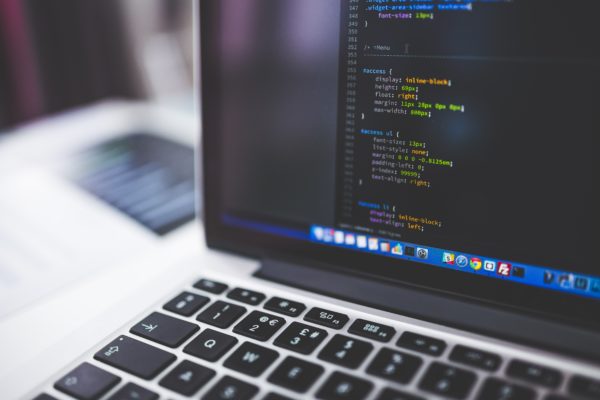Tips for Writing the Best and Most Simplistic Code
These days, practically all work is conducted on some type of digital device. From the obvious gadgets like phones and laptops to the complicated smart appliances found throughout modern homes, everything you use requires some type of programming to run. At the core of this is coding. The experts who dedicate their waking hours to learning how to code are capable of accomplishing amazing feats with technology. If you’re a coder, you’re always on the lookout for new ways to tackle common tasks. Whether you’re looking to work faster or make your code more straightforward, you can explore many options.
If you’re looking to get more out of your experience as a coder, these tips are meant to help you improve your process. Look over these suggestions and learn how you can become more skilled with your coding abilities.
Create a Consistent Format

For many people just getting into the world of coding, writing out the lines of text that comprise a code can feel a lot like writing a paper. This is primarily because code is usually typed into a notepad-style application or a program of equal simplicity. However, a common mistake many coders make is assuming that formatting works in the same way. When you’re typing up a document to be read, formatting helps to create an organized flow based around the accepted standards of composing a paper. With coding, the goal is the same but the approach is different.
Indentations are crucial when it comes to your code. While indenting each new line helps to create a visual symmetry, it also serves the important purpose of presenting the information in a way that other coders can understand if need be. Clean code isn’t always vital to finishing a project, but it can definitely give you a better reputation and make it easier to network with other professionals in your industry. As long as you create indents that follow a sensible pattern, you will have no trouble developing the right habit when it comes to ordered lines of code.
Don’t Repeat Lines of Code
Repetition is part of the coding process. However, it is not always necessary. There are going to come times when you have dozens upon dozens of lines of code when one or two will suffice. Repeating the same information in a given line can clutter your file and make the entire code seem a bit unrefined. This means you want to develop a system of removing the lines that are not required without upsetting the execution of the code itself. This will require practice, but it is better than falling into the wrong habits.
You might also find it useful to look into programs and software that can help you automate certain tasks. Knowing how CICD can help you automate specific processes can transform how you approach your everyday coding responsibilities. When a task needs to be repeated, you can create a process that allows the code to be written as it is needed without your active involvement. This will give you the time and mental space needed to focus on other problematic parts of your code that need working out.
Keep It Short and Sweet

Just like with writing a paper, keeping things short is key to your success. If you can break one long line of code into a few shorter lines, go for it. This will help make everything incredibly clear when it comes to what lines are responsible for which actions. Plus, it also helps make the entire file look and feel professional. It might be difficult to balance the effectiveness of a line of code with its length, but working on this task will help you become more adept at it.
When it comes to working as a coder, there are always interesting alternatives worth a thought. The more you play around with your own processes while coding, the easier it will be for you to find new and more effective ways of tackling your everyday tasks. To further understand coding, it is essential to learn from the best secure coding training guide.

















